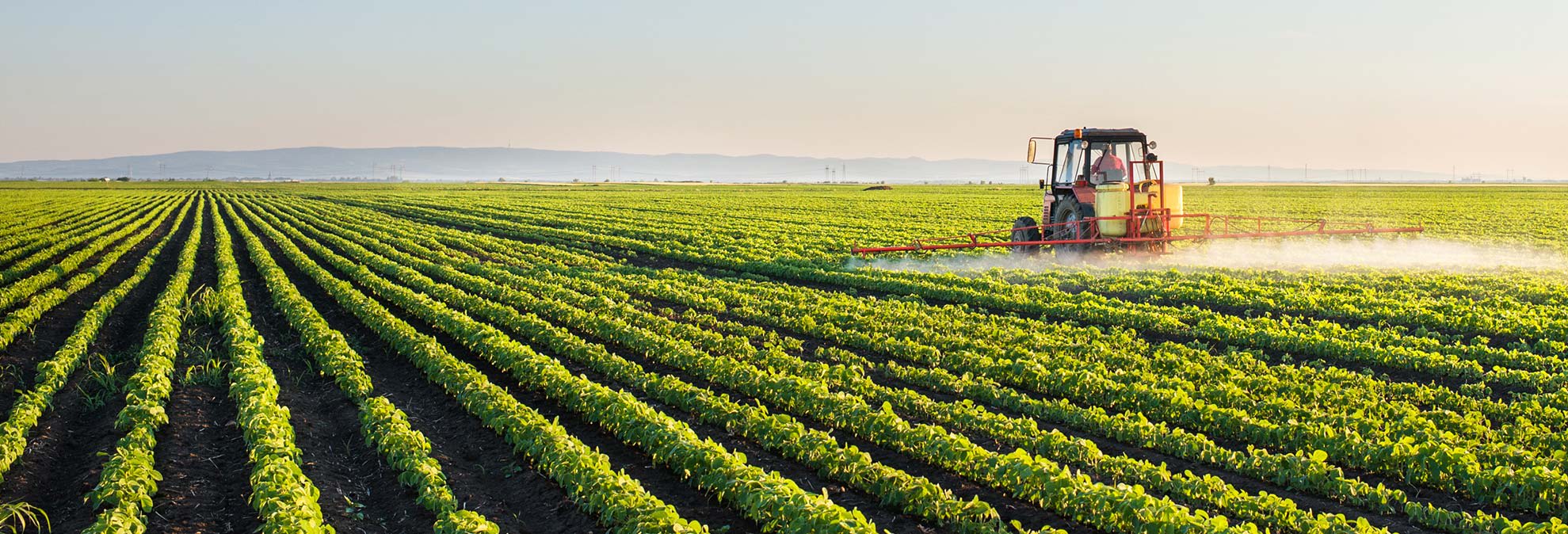Cage-free sounds good, but does it mean a better life for chickens?
As a philosophy professor who’s worked on food issues for my entire career, I’ve come to believe that questions of animal welfare are more complicated than they seem at first glance.




